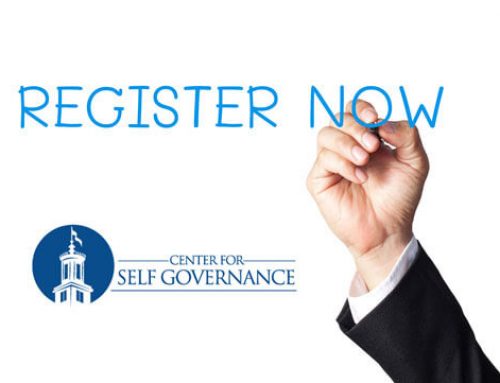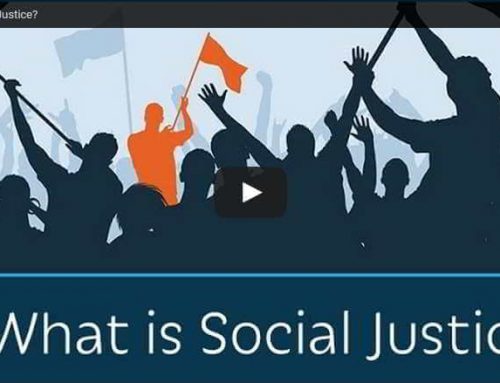There was a great article by Ed Kaitz in the American Thinker about a recent interview done by Rachel Maddow of MSNBC with Speaker Nancy Pelosi. In the interview Pelosi asked Americans to “think” about a bright, new, liberating kind of utopia:
Think of an economy where people could be an artist or a photographer, a writer without worrying about keeping their day job in order to have health insurance. Or that people could start a business and be entrepreneurial and take risks, but not be job-locked because a child has a child has asthma or diabetes or someone in the family is bipolar. You name it, any condition is job-locking
Mr. Kaitz does an excellent job of spelling out the troubles with this kind of approach.
The problem with Pelosi’s remarks, however, is that from hindsight, they are not bright, new, or liberating. On the contrary, almost identical words were penned over a hundred years ago by another champion of economic “freedom”: Karl Marx. Marx criticized the private economy because it led to the “renunciation of life and of human needs.”
Like Pelosi, Marx was deeply troubled by an economic system that left most people job-locked and unable to satisfy their “human need” to become more authentic. In other words, the more you have to work, said Marx, “the less you eat, drink, buy books, go to the theater or to balls, or to the public house, and the less you think, love, theorize, sing, paint, fence, etc.”
Marx chastised the middle class in England for being “so incurably debased by self-interest” and thirsty for a “quick profit” that they were incapable of recognizing the alienation from their true selves. Communist society, then, was the cure that could liberate us from our false selves and usher in a new kind of creativity and authenticity.
What people don’t realize, since most of us were not living during the time, is that the rhetoric for Marxism, socialism, and communism was positive and inviting. There was a reason that millions decided to follow a government under this philosophical governing. It was the promise of hope and equality for everyone. But what people need to remember is that what was promised to everyone was delivered to no one. Despair replaced hope and oppression replaced freedom.
There is a lot of insight to this article. We encourage you to read the entire article at American Thinker.





